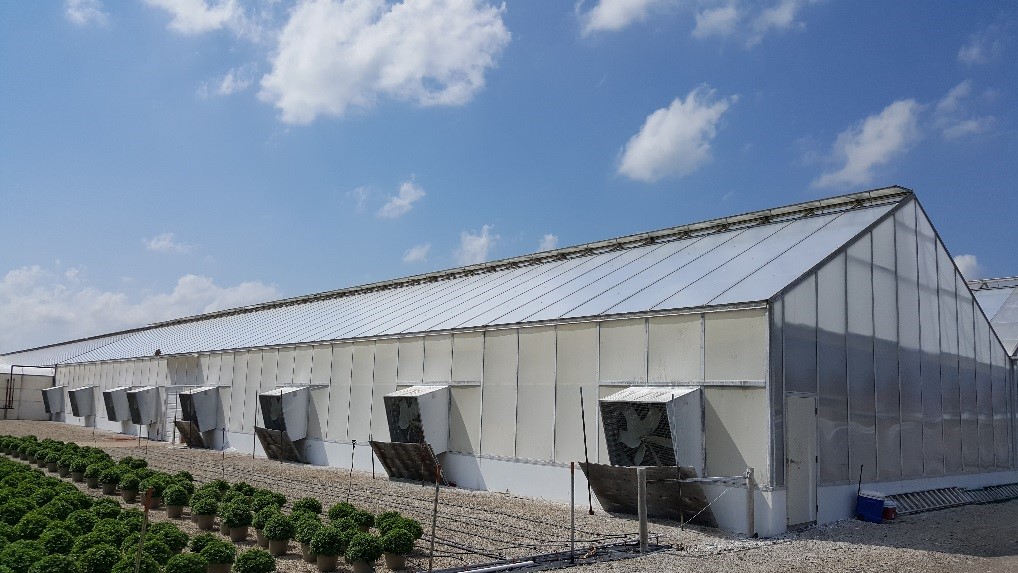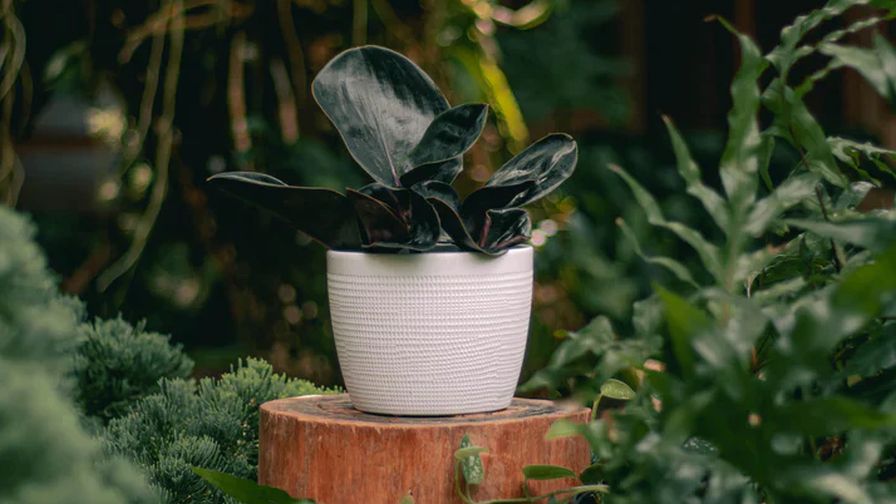Don’t Forget About Greenhouse Maintenance This Spring
 Note: This article is part of a series which LLK Greenhouse Solutions is partnering with Greenhouse Grower to provide the greenhouse industry with information on how to most efficiently manage your greenhouse. Click here to see other related articles.
Note: This article is part of a series which LLK Greenhouse Solutions is partnering with Greenhouse Grower to provide the greenhouse industry with information on how to most efficiently manage your greenhouse. Click here to see other related articles.
Spring is in the air, and many greenhouse operators are busy clearing their commercial greenhouses and/or preparing their retail operations for the upcoming busy season. However, several operators forget about one of the largest factors impacting their business — greenhouse maintenance.
Properly maintaining your greenhouse can be an inexpensive way to maximize your profits. For example, it is estimated that reducing just one drop of water per second from a leak can lead to 113 gallons in water savings per month.
A maintenance plan can also reduce equipment failures and improve equipment efficiency, while improving product yields by proactively addressing problems. For example, proper operating ventilation systems can eliminate stagnant air and condensation, improve cooling and heating, and increase the life of equipment.
Any greenhouse maintenance plan should start with the development of a checklist that covers the greenhouse structure, mechanical systems, environmental control equipment, and irrigation system. In addition, it is critical to record any repairs made, or other potential maintenance issues. This will help you keep track of how much of your resources are being spent on maintenance.
Here is a sampling of some of the key areas to monitor in your greenhouse.
Structures
• Concrete/structure deterioration: structure and bench foundation, walkways, excessive rusting around posts and piers
• Glazing: fading, punctures, inflation, light transmission, replacement history
• Gutters: cleaning to maintain proper drainage and inspecting for rust
• Plumbing: drainage, leaks, rust
Safety
• Wiring: corrosion, smell, damaged wires
• Fire safety: extinguishers, smoke detectors, exit plans
• Safety equipment: eye protection, first aid
Environmental Equipment
• Heating: pilot lights, electrical, gas lines, venting
• Cooling: fans, evaporative cooling systems, vents, shade system, electrical
• Sensors: calibration, damages, power connection
• Vents: lubrication, operation, motors functionality, and limit setting for opening and closing of vents
Irrigation
• Misting equipment: valves, motors, fluid flow, filter cleaning, punctured liners
• Drippers: clog/kink check, fluid flower, filter cleaning
• Fertigation system: monthly flush, injector cleaning, emitter testing
Workplace Safety Should Come First
Safety has become more important than ever before, and no one wants to get injured. Most greenhouse owners and installers know it’s risky business working on greenhouses.
Standard Occupational Safety and Health Administration (OSHA) regulations can be difficult to follow and costly to implement. Some of the important safety procedures being utilized today include safety harnesses, high-strength cables in gutters for tying off, better utilization of scissor lifts, and better design of structures. Safety should always be considered as part of the design, building, and maintenance of any greenhouse structure.
When it comes time to partner with a greenhouse maintenance supplier and installer, there are several rules you will want to follow to make sure you are connecting with a reliable company.
• Always contract with professional companies with skilled/experienced labor.
• Be sure to have proper written contracts and insurance that addresses hold harmless language; workers’ compensations, liability, and excess/umbrella coverage; named as additional insured; and make sure the contracts are signed, executed, and current
• Immediately notify your insurance carrier if any incident occurs on or involving your property.
Greenhouse maintenance is one of the most important considerations growers should plan for when determining their return on investment. In fact, they should look at their greenhouse not as a building, but as its own piece of equipment that needs regular maintenance checks as often as any other equipment.









